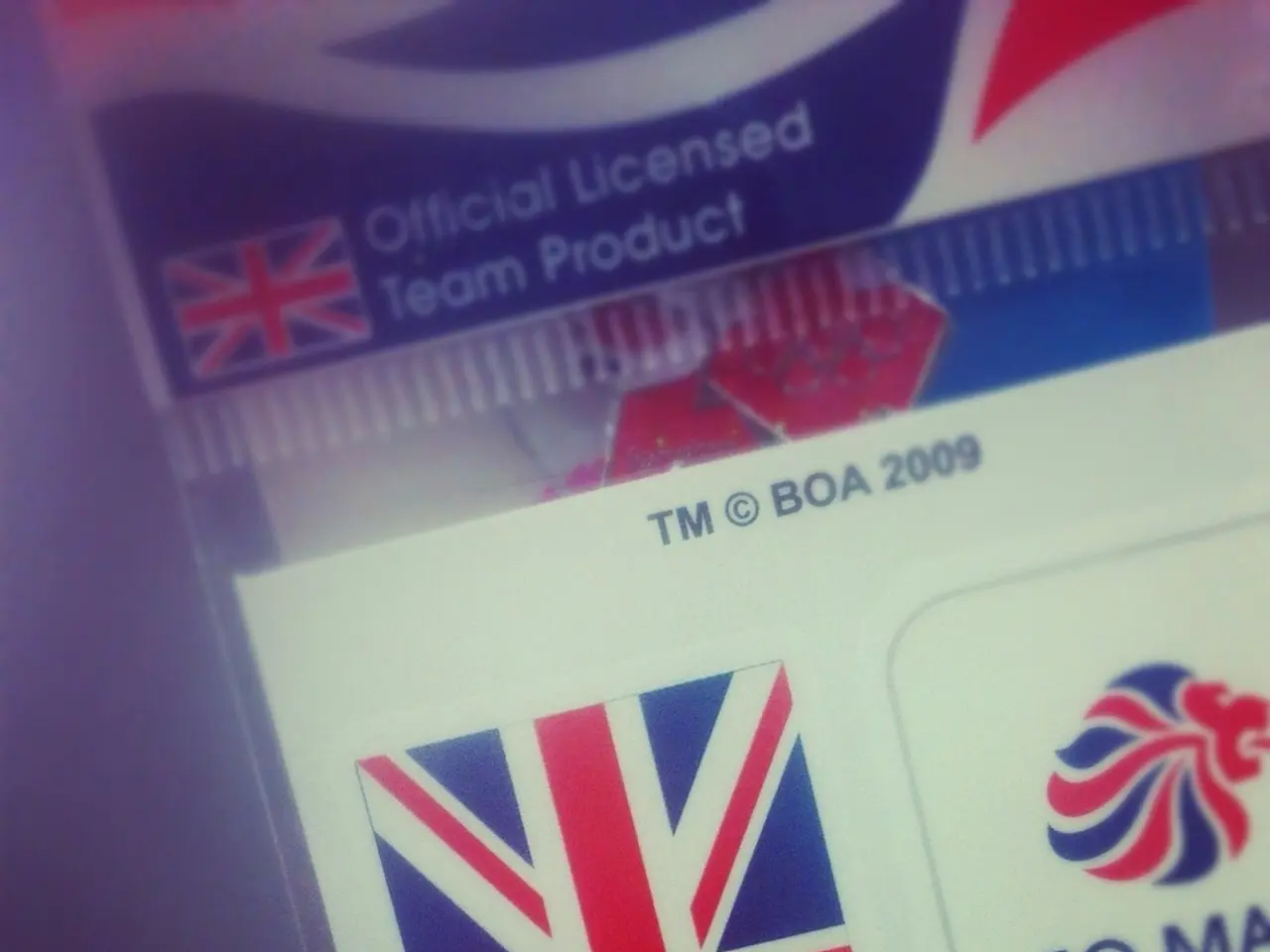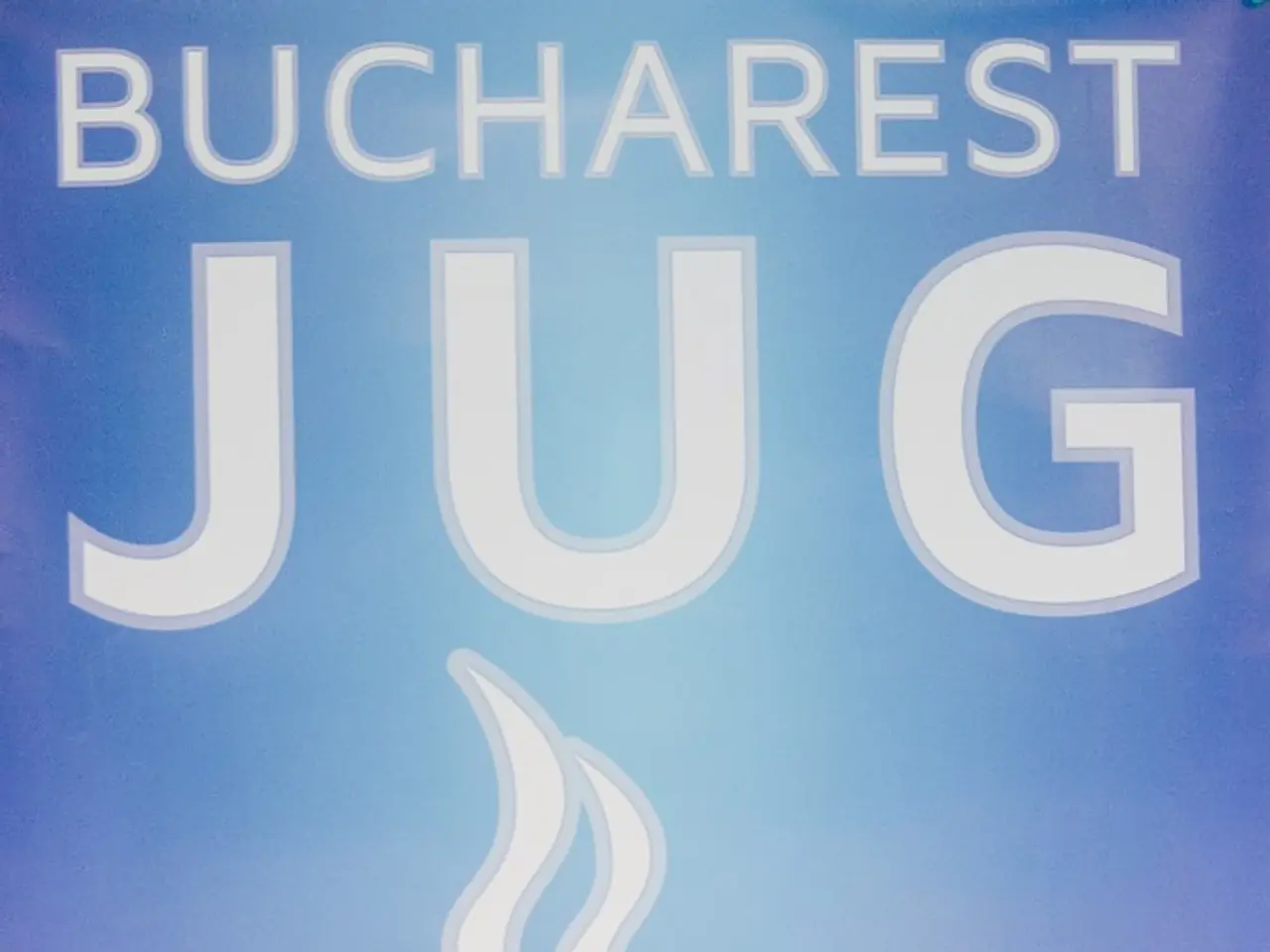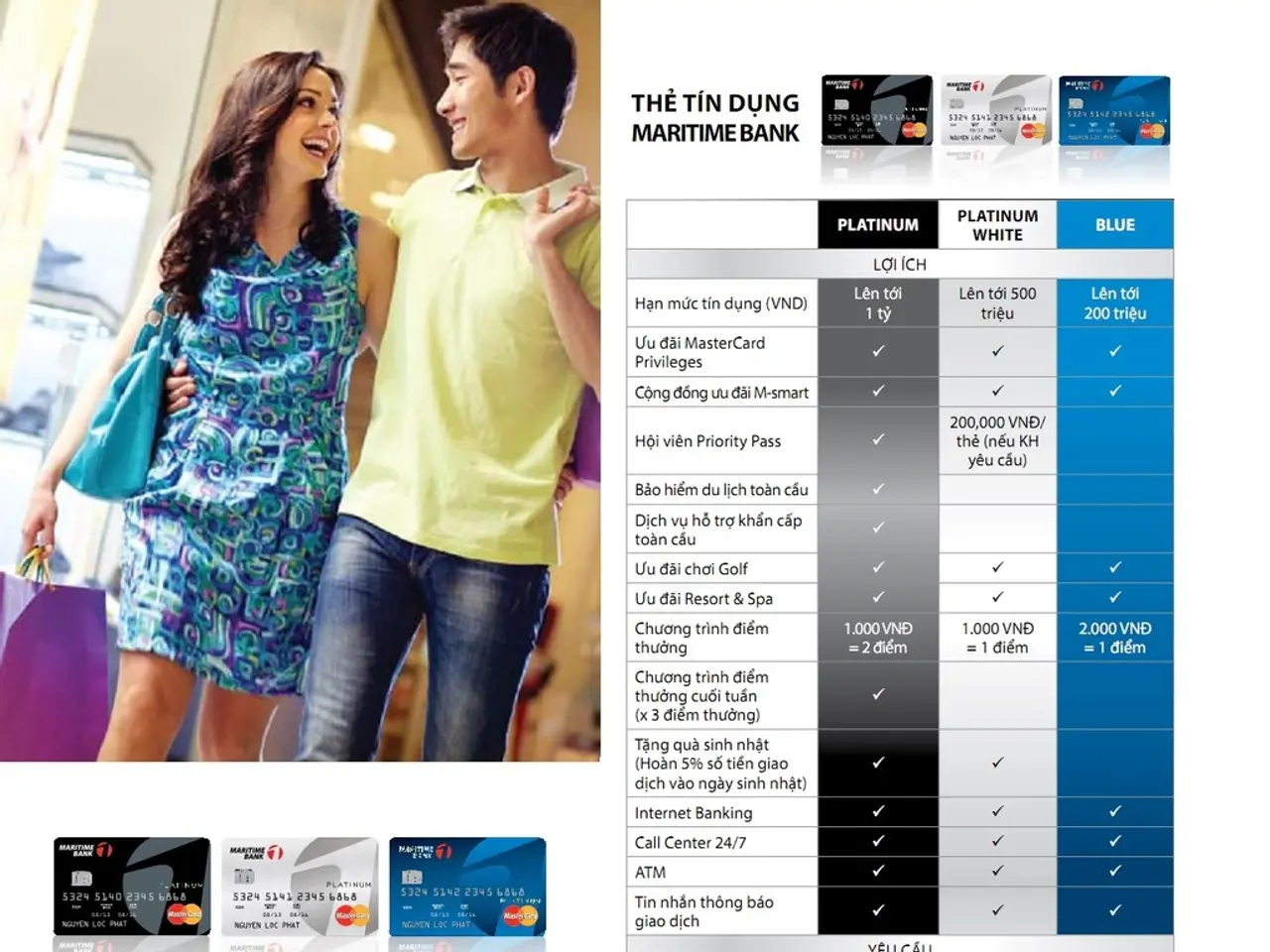Government Focuses on Maintaining Low Inflation Amidst Growing Forex Shortage in Venezuela
Takedown, September 8, 2024 (our site) - The Venezuelan authorities are cranking up their efforts to keep a stable exchange rate between the Venezuelan bolivar and the US dollar amidst surging speculation surrounding the exchange rate.
In recent weeks, the parallel marker has seen a sharp increase compared to the official rate established by the Venezuelan Central Bank (BCV). Last week, the disparity peaked at 20% before easing to 17% on Friday. As of today, the "Monitor Dolar," an amalgamation of several unofficial exchange rates, stands at 42.86 bolivars per USD, in stark contrast to the 36.65 set by the BCV.
The vast difference between the two rates is fueling speculation, as operators attempt to buy US currency at the official price, intending to sell it on the black market for a quick profit. Moreover, most businesses are basing their cost structures on the higher, black market value, either hiking prices in bolivars or charging customers at the parallel rate.
The Venezuelan consumer rights watchdog, SUNDDE, has dispatched inspection teams and launched an online platform to report instances of retailers charging at the black market rate.
In an attempt to tackle the issue, the BCV has been pumping billions of dollars into exchange tables run by public and private banks. Last week, it provided $180 million during a single intervention, and since the start of the year, the BCV has injected over $3.6 billion. This figure represents a 28% jump compared to the corresponding amount in 2023.
In 2021, the Maduro government lifted currency exchange controls in a bid to control inflation and stimulate the economy amidst stringent US sanctions targeting sectors such as banking, mining, and particularly the oil industry. Despite the government's intention to create a system based on supply and demand, the BCV remains the primary provider of foreign currency.
With the bolivar's devaluation historically linked to inflation, Venezuelan authorities are keen to hold onto the recent progress that has seen the 12-month inflation rate stand at 35.6%, the lowest rate since mid-2013. The accumulated inflation rate between January and August 2024 is 11.2%.
To further limit inflation, the government has imposed salary freezes and restrictive credit policies. Since March 2022, the minimum wage has remained unchanged, with authorities resorting to bonuses instead. However, this policy has been criticized for perpetuating inequality as it benefits employers by reducing costs for vacation pay, social security, severance, and other labor expenses.
A recent study by the Finanzas Digital website also discovered that Venezuela has the smallest amount of circulating credit in all of Latin America. Despite almost doubling in the last 12 months, the Caribbean nation's figure remains under $2 billion, equating to around 1.3% of the corresponding amount for neighboring Colombia.
In an effort to boost credit options for small businesses, the Maduro administration has pledged to lower the leverage or legal reserve ratio demands. Currently, Venezuelan banks can only lend 27 bolivars for every 100 in deposits.
Economist Luis Gavazut has stated that the upcoming measures will allow financial institutions to increase loan amounts based on their reserves but will prohibit them from issuing credit by creating new money.
Despite the hardening of US sanctions in April and the recent exchange rate pressure, the Venezuelan economy has continued to report growth. According to BCV data, the country's GDP increased by 8.4% and 8.8% in the first and second quarters, respectively, compared to the same period in 2023.
The BCV has now recorded 13 consecutive quarters of GDP growth, lasting since the end of 2021. The Maduro government has expressed confidence that the economy's growth can reach double digits for 2024, marking a fourth straight year of recovery following seven years of recession.
However, given the scale of the economy's contraction, Venezuela would require 12 more years of 10% growth to return to 2013's GDP level.
Updated on September 10 with the latest inflation numbers and a corrected figure concerning BCV foreign currency injections.
Insights:- Lack of foreign currency, growing black market, and ineffective government measures have contributed to the challenging exchange rate situation.- International economic pressures, such as US sanctions and changes in oil policy, have complicated the situation and strained Venezuela's ability to generate hard currency.- Despite some economic growth, substantial recovery is still needed to reach pre-recession levels.
- The Parallel market, fueled by speculative actions and higher prices in the industry, has seen a significant increase compared to the official rates established by the Venezuelan Central Bank (BCV).
- As a result of the vast difference between the official and black market rates, Venezuelan businesses are often basing their cost structures on the higher, black market value, leading to increased prices for consumers.
- SUNDDE, the Venezuelan consumer rights watchdog, has been actively monitoring and reporting instances of retailers charging at the black market rate to prevent further inflation and maintain a stable finance environment.





